Ceramic tile flooring is a timeless, durable, and versatile option that adds elegance and beauty to any space. Whether you’re considering ceramic tile for your kitch en, bathroom, living room, or any other room in your home, this article will provide you with all the information you need to know about ceramic tile flooring. From its benefits and the various types available to the installation process and maintenance tips, we’ve got you covered.Section 1: The Benefits of Ceramic Tile Flooring Ceramic tile flooring offers numerous benefits that make it a popular choice among homeowners. Here are some of the key advantages:
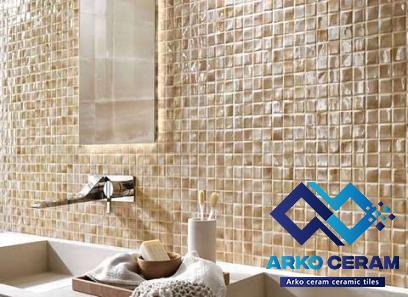
.
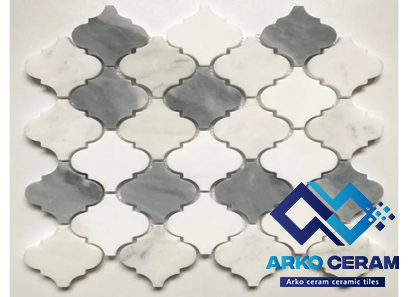 1. Durability: Ceramic tile flooring is known for its exceptional durability. It can withstand heavy foot traffic, making it ideal for high-traffic areas such as entryways, kitchens, and hallways. Furthermore, ceramic tiles are resistant to scratches, stains, and water, making them perfect for areas prone to spills and accidents. 2. Versatility: Ceramic tiles come in a wide variety of colors, shapes, patterns, and sizes. This versatility allows you to create unique designs and customize your space according to your personal style preferences. Whether you prefer a contemporary, modern, or traditional aesthetic, there are ceramic tile options to suit your needs.
1. Durability: Ceramic tile flooring is known for its exceptional durability. It can withstand heavy foot traffic, making it ideal for high-traffic areas such as entryways, kitchens, and hallways. Furthermore, ceramic tiles are resistant to scratches, stains, and water, making them perfect for areas prone to spills and accidents. 2. Versatility: Ceramic tiles come in a wide variety of colors, shapes, patterns, and sizes. This versatility allows you to create unique designs and customize your space according to your personal style preferences. Whether you prefer a contemporary, modern, or traditional aesthetic, there are ceramic tile options to suit your needs.
..
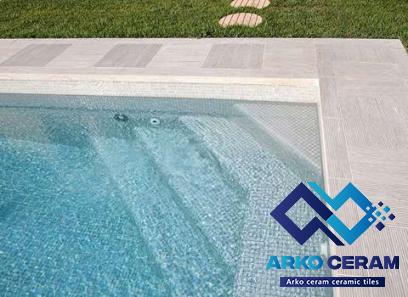 3. Easy Maintenance: Ceramic tiles are relatively easy to maintain. They are non-porous, which means they don’t absorb liquids, making them resistant to stains and odors. Regular sweeping, vacuuming, and occasional mopping are all that’s needed to keep ceramic tile flooring looking clean and fresh. 4. Hygienic: Ceramic tile flooring is an excellent choice for areas where cleanliness and hygiene are essential, such as kitchens and bathrooms. Unlike carpets, ceramic tiles don’t trap dust, allergens, or bacteria. They are easy to clean, and their non-porous surface prevents the growth of mold and mildew.
3. Easy Maintenance: Ceramic tiles are relatively easy to maintain. They are non-porous, which means they don’t absorb liquids, making them resistant to stains and odors. Regular sweeping, vacuuming, and occasional mopping are all that’s needed to keep ceramic tile flooring looking clean and fresh. 4. Hygienic: Ceramic tile flooring is an excellent choice for areas where cleanliness and hygiene are essential, such as kitchens and bathrooms. Unlike carpets, ceramic tiles don’t trap dust, allergens, or bacteria. They are easy to clean, and their non-porous surface prevents the growth of mold and mildew.
…
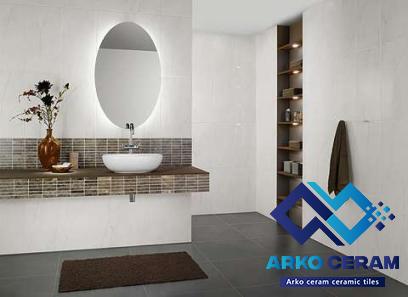 Ceramic tile flooring is available in various types, each with its unique characteristics and intended use. Here are the most common types of ceramic tiles: 1. Porcelain Tiles: Porcelain tiles are made from fine clay and fired at higher temperatures, making them denser, harder, and less porous compared to standard ceramic tiles. They are highly durable, suitable for both indoor and outdoor use, and often recommended for high-traffic areas. 2. Glazed Ceramic Tiles: Glazed ceramic tiles have a protective layer of liquid glass applied to their surface. This glaze gives the tiles a shiny appearance and provides added durability, moisture resistance, and stain resistance. Glazed ceramic tiles are available in various colors and patterns, making them a popular choice for both residential and commercial spaces. 3. Quarry Tiles: Quarry tiles are made from natural clay and are typically unglazed. Their rustic, earthy appearance is perfect for a traditional or vintage aesthetic. Quarry tiles are extremely durable and ideal for areas that require a robust and slip-resistant flooring option, such as outdoor patios, walkways, and kitchens. 4. Terracotta Tiles: Terracotta tiles are unglazed, clay-based tiles that are often associated with Mediterranean and Mexican-style designs. They come in warm hues ranging from reddish-brown to orange and provide a rustic, earthy feel. Terracotta tiles are porous and require regular sealing to prevent staining and water damage.
Ceramic tile flooring is available in various types, each with its unique characteristics and intended use. Here are the most common types of ceramic tiles: 1. Porcelain Tiles: Porcelain tiles are made from fine clay and fired at higher temperatures, making them denser, harder, and less porous compared to standard ceramic tiles. They are highly durable, suitable for both indoor and outdoor use, and often recommended for high-traffic areas. 2. Glazed Ceramic Tiles: Glazed ceramic tiles have a protective layer of liquid glass applied to their surface. This glaze gives the tiles a shiny appearance and provides added durability, moisture resistance, and stain resistance. Glazed ceramic tiles are available in various colors and patterns, making them a popular choice for both residential and commercial spaces. 3. Quarry Tiles: Quarry tiles are made from natural clay and are typically unglazed. Their rustic, earthy appearance is perfect for a traditional or vintage aesthetic. Quarry tiles are extremely durable and ideal for areas that require a robust and slip-resistant flooring option, such as outdoor patios, walkways, and kitchens. 4. Terracotta Tiles: Terracotta tiles are unglazed, clay-based tiles that are often associated with Mediterranean and Mexican-style designs. They come in warm hues ranging from reddish-brown to orange and provide a rustic, earthy feel. Terracotta tiles are porous and require regular sealing to prevent staining and water damage.
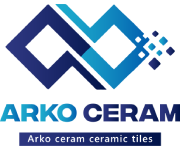
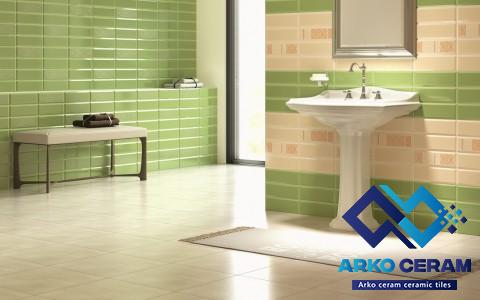
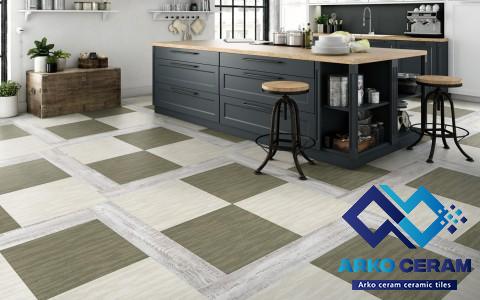
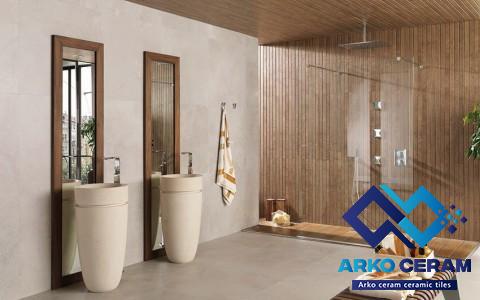
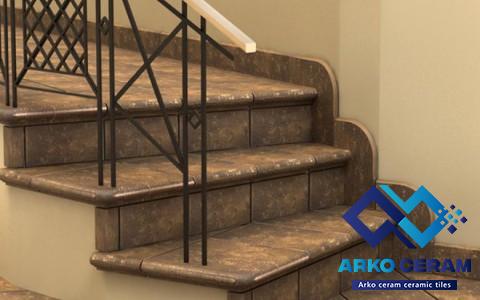
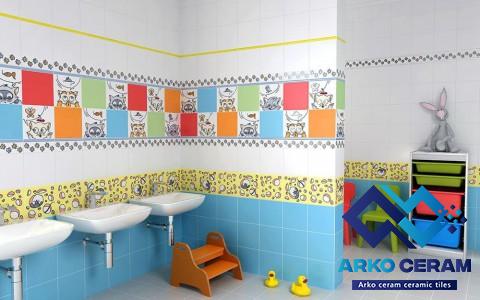
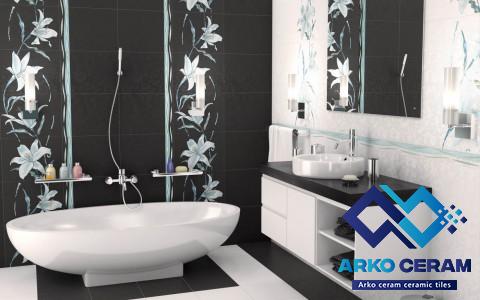

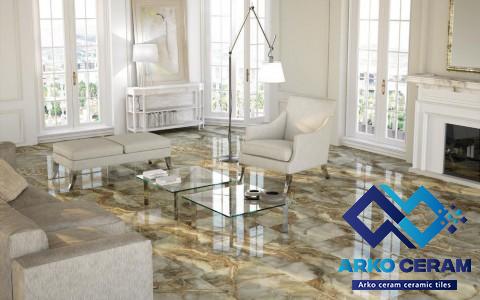
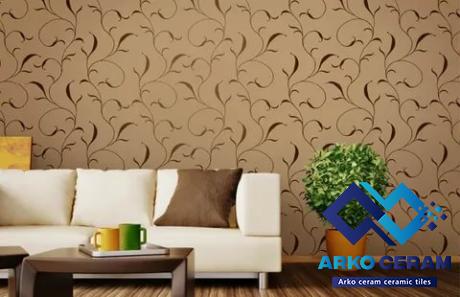
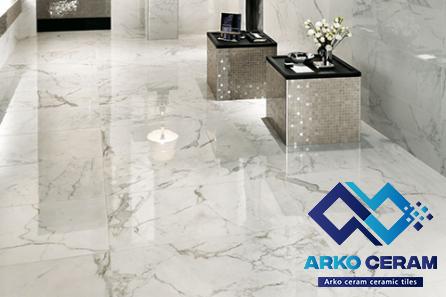
Your comment submitted.